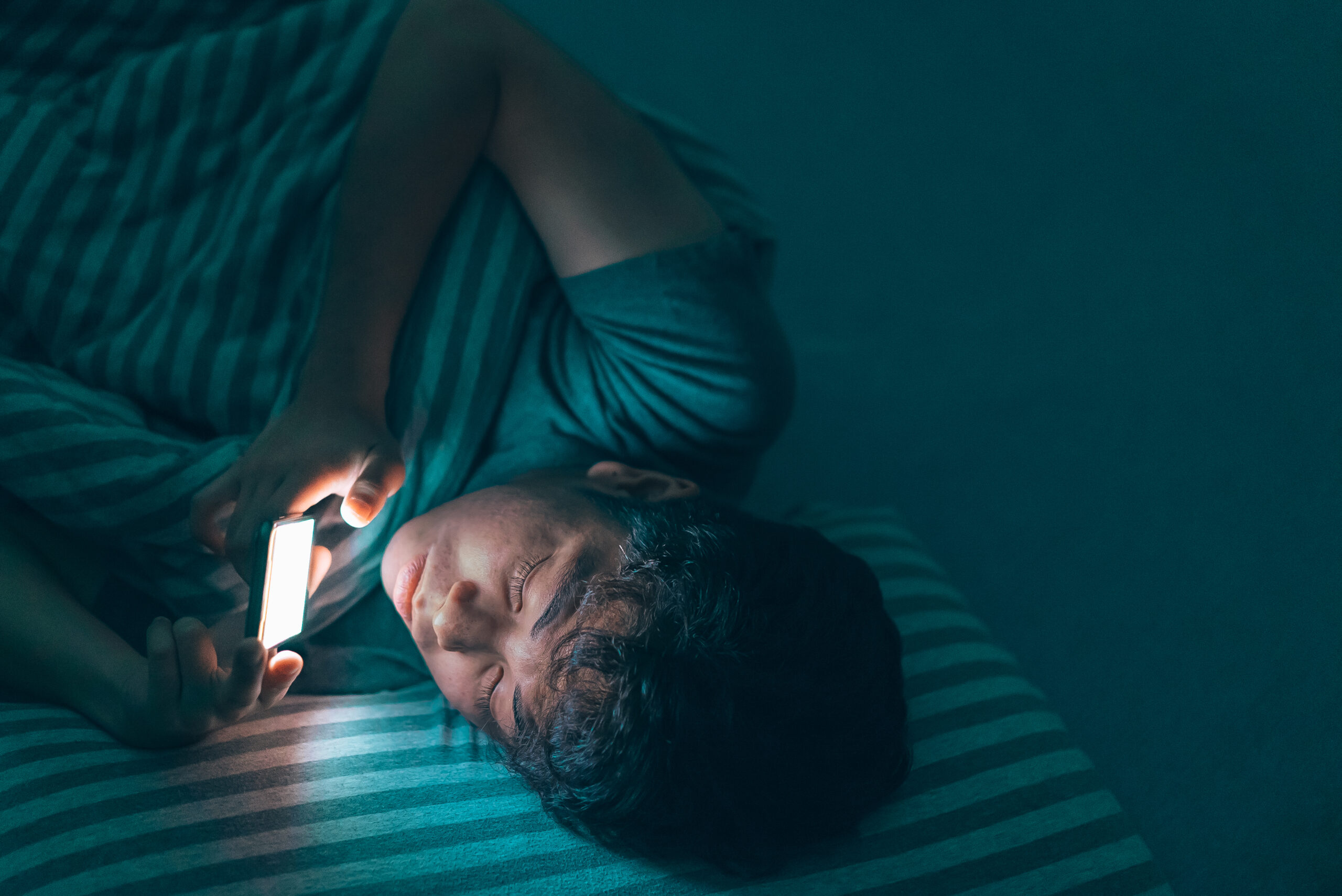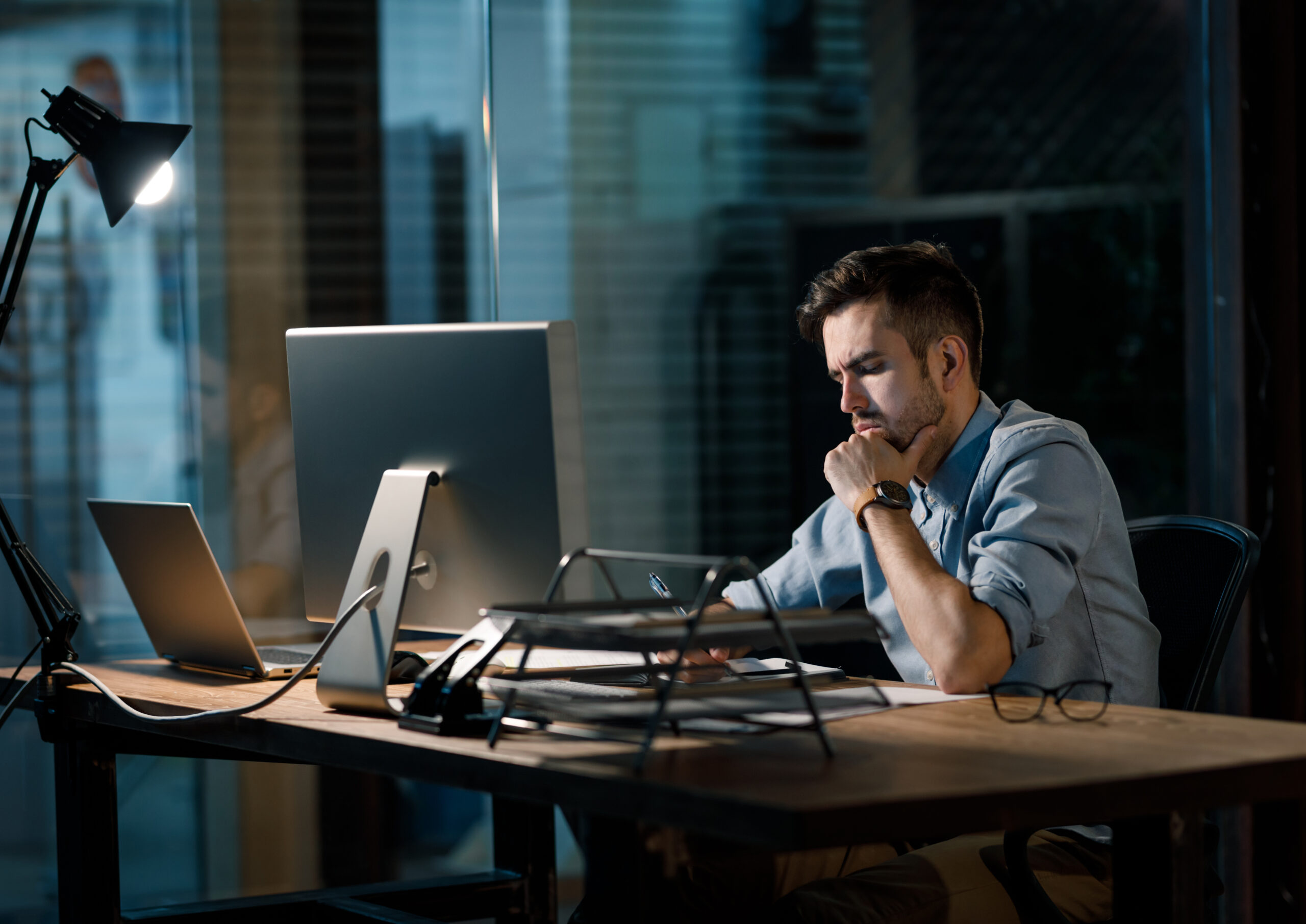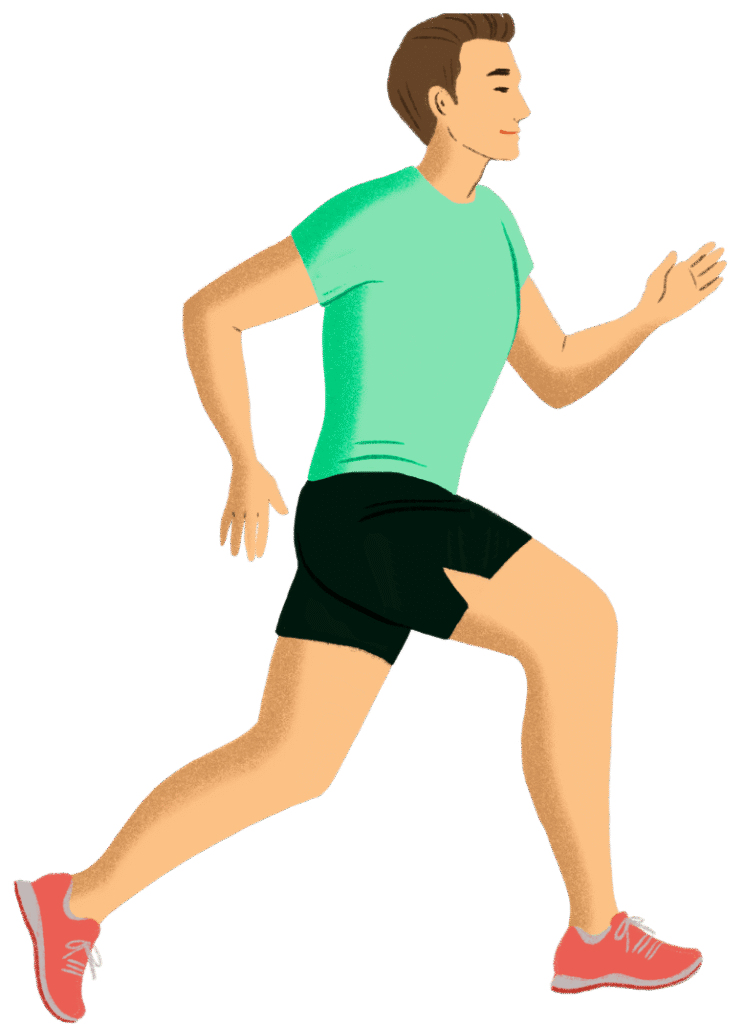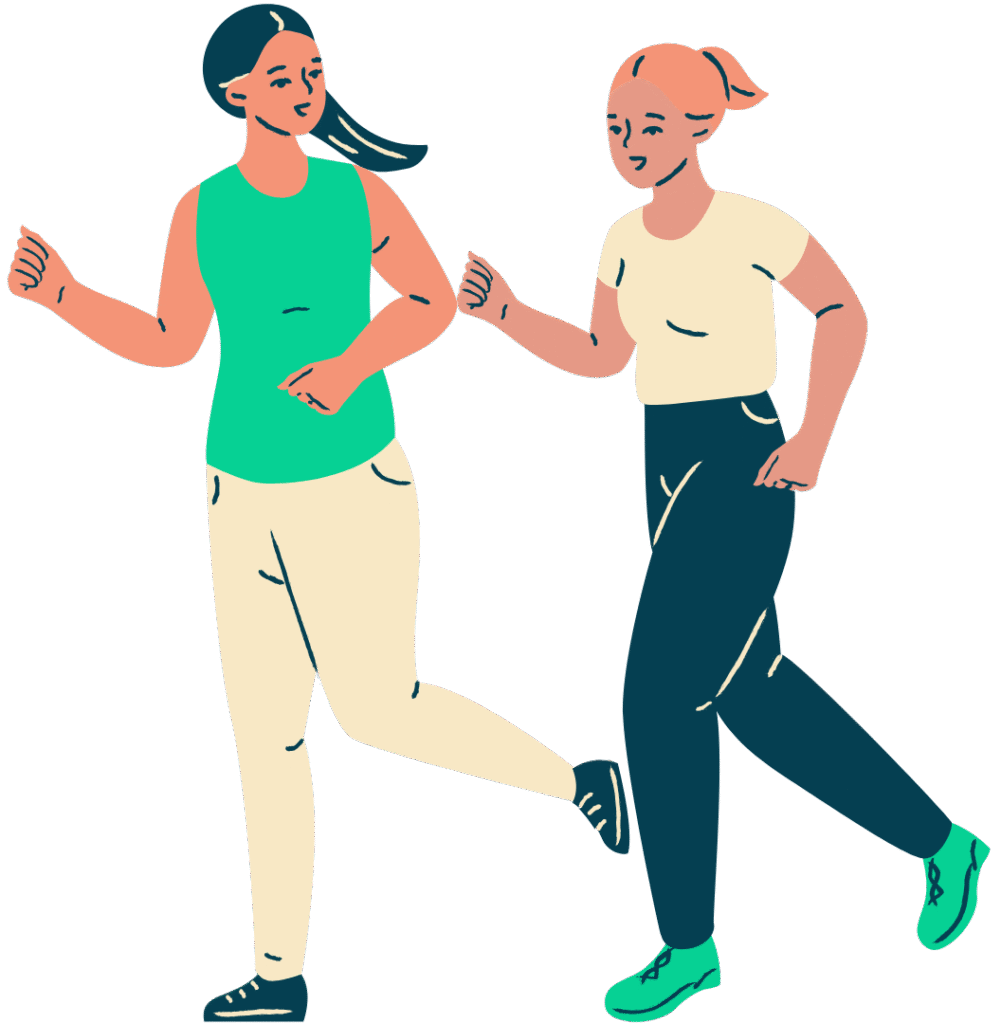You’re not sleep deprived because you’re lazy—your modern lifestyle is wired to rob you of rest, and the natural solutions that could restore your sleep are hiding in plain sight, just beyond the reach of your pill bottle.
Story Highlights
- Digital dependency and stress have fueled a national sleep crisis, with sleep anxiety now at record highs.
- Effective, non-pharmaceutical sleep strategies are gaining traction, from mindful routines to environmental tweaks.
- Healthcare, wellness, and tech sectors are driving innovation—yet lasting change depends on personal commitment.
- Robust data shows natural methods boost sleep and reduce risks, but widespread adoption remains elusive.
Sleep Deprivation: A Modern Epidemic Rooted in Lifestyle
Sleep deprivation is not a matter of poor willpower; it’s the consequence of an environment engineered for stimulation and stress. Since the pre-2020s, sleep disorders have climbed steadily, with the CDC labeling insufficient sleep a public health epidemic. By 2023, only 26% of Americans regularly got eight or more hours of sleep, and over one third were clocking less than seven. The pandemic years turbocharged sleep anxiety, especially among Gen Z, as economic uncertainty and round-the-clock connectivity shredded circadian rhythms. Digital dependency—constant screens, social media, work emails—has disrupted melatonin production and thrown sleep schedules into chaos.
Orthosomnia, the obsession with perfect sleep fueled by sleep trackers and wellness apps, has paradoxically made rest more elusive. The quest for sleep perfection turns restful nights into anxious marathons, with millions waking up exhausted by the pursuit itself. Despite industry growth, most Americans remain trapped in cycles of poor sleep, rarely seeking help or adopting proven strategies. The economic toll is staggering, costing billions annually in lost productivity and healthcare expenses, while mental health and relationships quietly suffer in the background.
Natural Solutions Overtake Pill-Popping
The old playbook of prescription pills and over-the-counter sedatives has shown its limits—side effects, dependency, and diminishing returns have driven both consumers and experts to seek alternatives. Wellness leaders and sleep medicine professionals now advocate for behavioral approaches as first-line interventions. Cognitive behavioral therapy for insomnia (CBT-I), mindfulness, and environmental optimization are backed by robust evidence and expert consensus. Consistent sleep schedules, calming bedtime routines, and exposure to natural light are foundational. Reducing caffeine and alcohol intake, limiting screen time before bed, and practicing relaxation techniques like deep breathing and meditation round out the toolkit of natural sleep improvement.
Surveys from the Global Wellness Institute, American Academy of Sleep Medicine, and leading sleep health companies consistently confirm the effectiveness of these strategies. The latest data show that nearly 40% of Gen Z adults report frequent sleep anxiety, but those who adopt mindful and behavioral interventions see marked improvements in mood, concentration, and productivity. Employers and educators are beginning to recognize the ripple effects—sleep-deprived workers and students underperform, and chronic exhaustion undermines both physical and mental health. The shift toward natural solutions is not just a personal choice, but a societal imperative with far-reaching consequences.
Stakeholders Innovating, Consumers Hesitating
The sleep sector is booming, with wellness brands, tech firms, and healthcare providers scrambling to capture market share and influence habits. Mattresses promising optimal support, apps touting guided meditations, and devices tracking every REM cycle are flooding the marketplace. Public health agencies—CDC, Global Wellness Institute—continue to push evidence-based guidelines and community education. Yet, the power dynamics remain complex; brands and technologists shape consumer behavior through persuasive design and marketing, while medical experts and regulators strive to keep interventions safe and effective.
Despite the innovation surge, the central challenge is behavior change. Natural interventions work only when practiced consistently. Experts warn against the pitfalls of orthosomnia and urge consumers to focus on foundational habits rather than chasing technological perfection. The most promising solutions are those that integrate behavioral, environmental, and technological elements, tailored to individual needs and cultural contexts. The path forward lies in widespread education, community support, and a collective re-prioritization of sleep as essential to health, not just a luxury.
Long-Term Impact and the Road Ahead
The short-term benefits of better sleep are immediately noticeable: improved mood, sharper focus, and reduced reliance on medication. Over time, the stakes rise—lower risks of cardiovascular, metabolic, and mental health disorders, and enhanced public health outcomes. The sleep crisis touches all sectors, from employers grappling with lost productivity to families navigating strained relationships. Political and economic implications loom, with healthcare resource allocation and workplace regulations on the line. The wellness and technology industries will continue to evolve, but robust evidence and real-world results point to one truth: natural, behavioral, and environmental solutions offer the most sustainable path to sleep health.
For those willing to buck the pill-popping trend, the rewards are profound. The journey starts with small, consistent steps—rewiring routines, optimizing environments, and embracing mindful habits. The science is settled; the only uncertainty is when society will finally wake up to the power of natural sleep.
Sources:
Global Wellness Institute: Sleep Initiative Trends for 2025








